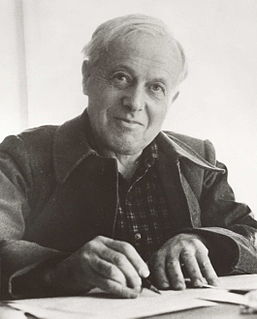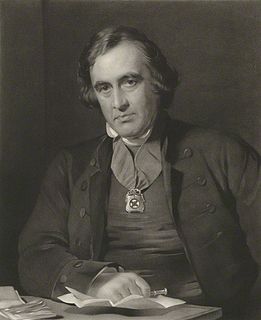A Quote by Joseph Joubert
Logic is to grammar what the sense of words is to their sound.
Related Quotes
Among all the liberal arts, the first is logic, and specifically that part of logic which gives initial instruction about words. ... [T]he word "logic" has a broad meaning, and is not restricted exclusively to the science of argumentative reasoning. [It includes] Grammar [which] is "the science of speaking and writing correctly-the starting point of all liberal studies."
I remember one English teacher in the eighth grade, Florence Schrack, whose husband also taught at the high school. I thought what she said made sense, and she parsed sentences on the blackboard and gave me, I'd like to think, some sense of English grammar and that there is a grammar, that those commas serve a purpose and that a sentence has a logic, that you can break it down. I've tried not to forget those lessons, and to treat the English language with respect as a kind of intricate tool.
The difference between prose logic and poetic thought is simple. The logician uses words as a builder uses bricks, for the unemotional deadness of his academic prose; and is always coining newer, deader words with a natural preference for Greek formations. The poet avoids the entire vocabulary of logic unless for satiric purposes, and treats words as living creatures with a preference for those with long emotional histories dating from mediaeval times. Poetry at its purest is, indeed, a defiance of logic.
Common sense is science exactly in so far as it fulfills the ideal of common sense; that is, sees facts as they are, or at any rate, without the distortion of prejudice, and reasons from them in accordance with the dictates of sound judgment. And science is simply common sense at its best, that is, rigidly accurate in observation, and merciless to fallacy in logic.
I cannot remember a time when I was not enraptured or tortured by words. Always there have been words which, sometimes for their sound alone, sometimes for their sound and sense, I would not use. From a loathing of their grossness or sickliness, their weight or want of weight. Their inexactitude, their feeling of acidity or insipidity. Their action, not only on the intelligence but on the nerves, was instant.






































